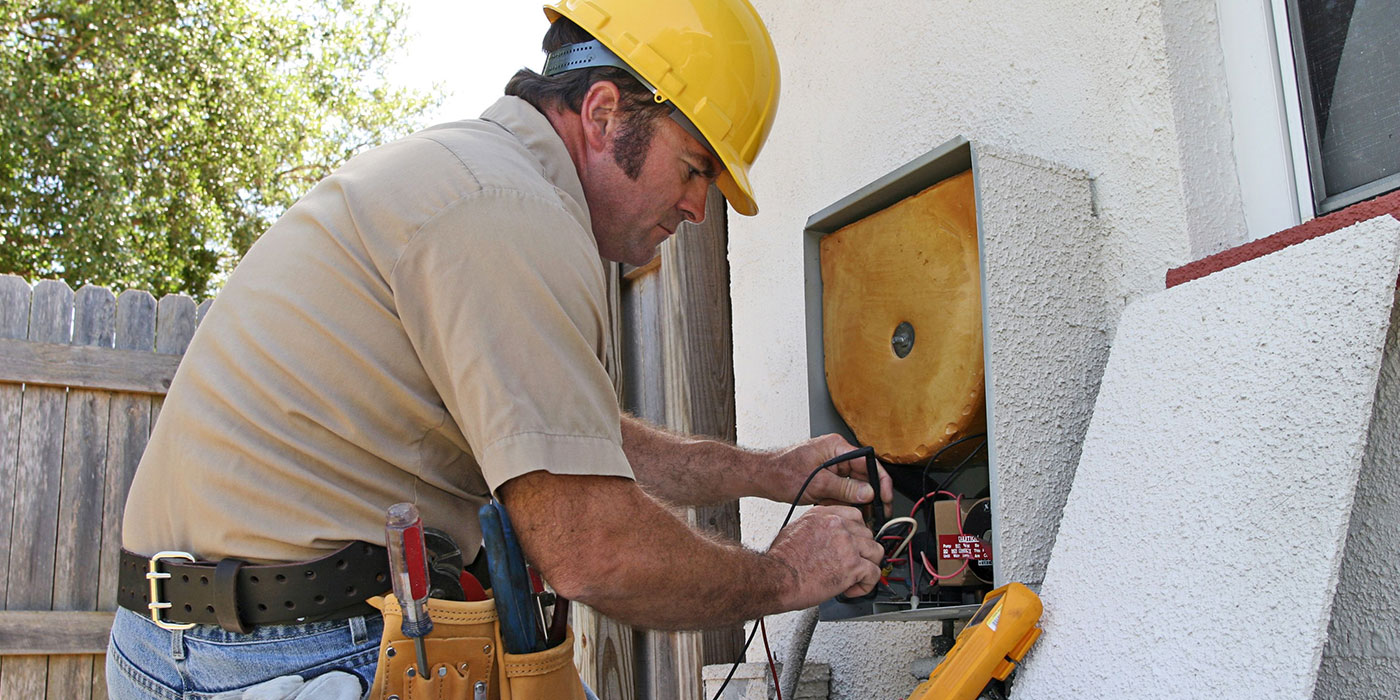HVACR is one of the most constant industries for new jobs, so there’s no better time to join.
HVACR Technician

Start Your Career In HVACR
This course will prepare you for an entry-level role in the HVAC/R field. You’ll understand the basic requirements needed to earn a “work ready” certificate and start an apprenticeship.
Job Outlook for HVACR Technicians
- According the US Bureau of Labor Statistics (BLS), HVAC/R technician jobs are projected to grow 13% over the next eight years, which equals 46,300 new jobs.
- The BLS also states that the average salary for these developers is just under $49,000 per year with top earners making nearly $78,000.
HVACR Technician Program Course
Curriculum
- Safety, Tools, and Equipment, and Shop Practices
- Automatic controls
- Electric Motors
- Commercial Refrigeration
- Air-Conditioning (Cooling)
- All-Weathers Systems
- Domestic Appliances
- Commercial Air Conditioning and Chilled-Water Systems
- Simulation Challenge Mod-I
- Simulation Challenge Mod-II
- Hot-Water Supply Systems
Heating, air conditioning, and refrigeration (HVACR) technicians, also called installers or mechanics, work on the systems that control the temperature, humidity, and quality of the air in our homes, workplaces, and all other types of buildings.
To become an HVACR technician, you will first have to work as an apprentice under a licensed technician for up to 2,000 hours. However, apprenticeship are competitive, so having formal training and a “work ready” certificate significantly improve your chances of success.
Yes. This HVACR Technician Certification course will prepare you for entry-level work ready certificates:
- HVAC Excellence “Employment Ready” Certificate
- NATE “Ready to Work” Certificate
Yes. For job seekers just entering the HVACR field, a work ready certificates show prospective employers that you have a fundamental understanding of HVACR systems, maintenance and troubleshooting.
Course Objectives
- Understand basic components of the vapor-compression and refrigeration cycles, functions and characteristics of system refrigerants, piping operations
- Learn proper installation and operation of HVAC systems
- Understand EPA laws related to safe handling and transport of refrigerants
- Proper recovery, recycling, and retrofitting of refrigerants
Prerequisites and Requirements
This course is designed for students with little-to-no background in HVACR, so are no prerequisites to take this course. However, we recommend having a high school diploma or GED.
Instructors
Mike Baker
Mike Baker has been an instructor since 2011. He was previously an HVAC Program Director at both Virginia College and Vista College. Baker was a HVAC technician for several decades and has experience hiring, training, and managing HVAC Technicians. He holds numerous HVAC Excellence certifications, several Green Mechanical Council certifications, an EPA 608 Universal certification, and Emerson Climate Technology certifications. He has served as both an HVAC Excellence Instructor and Exam Proctor.